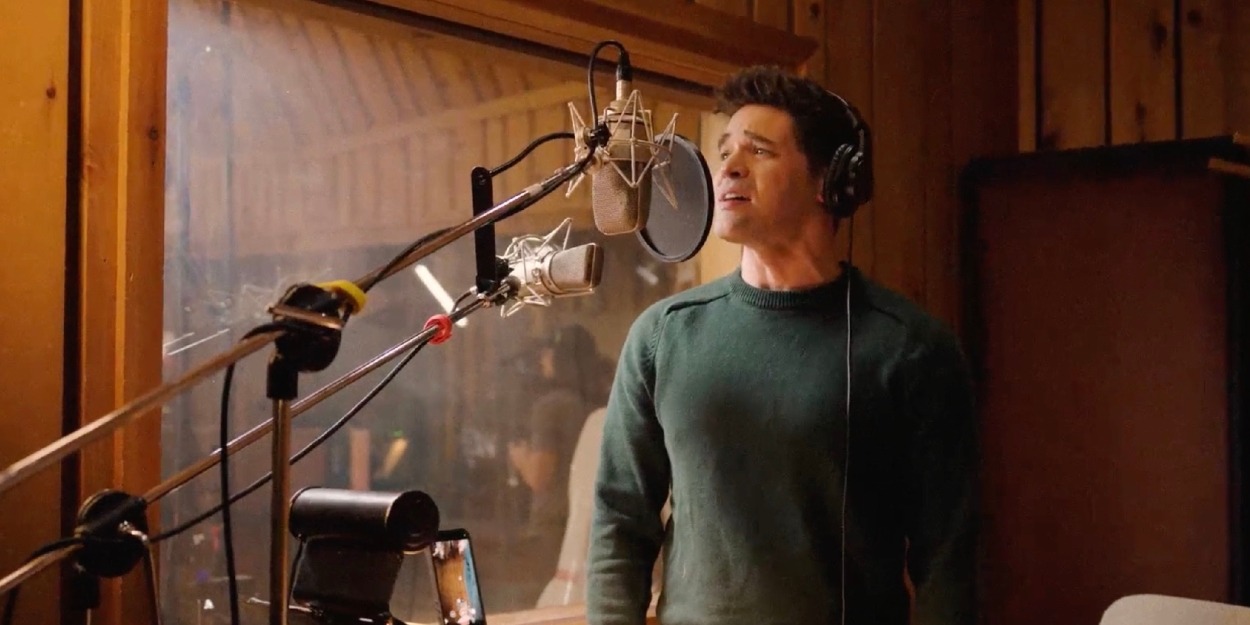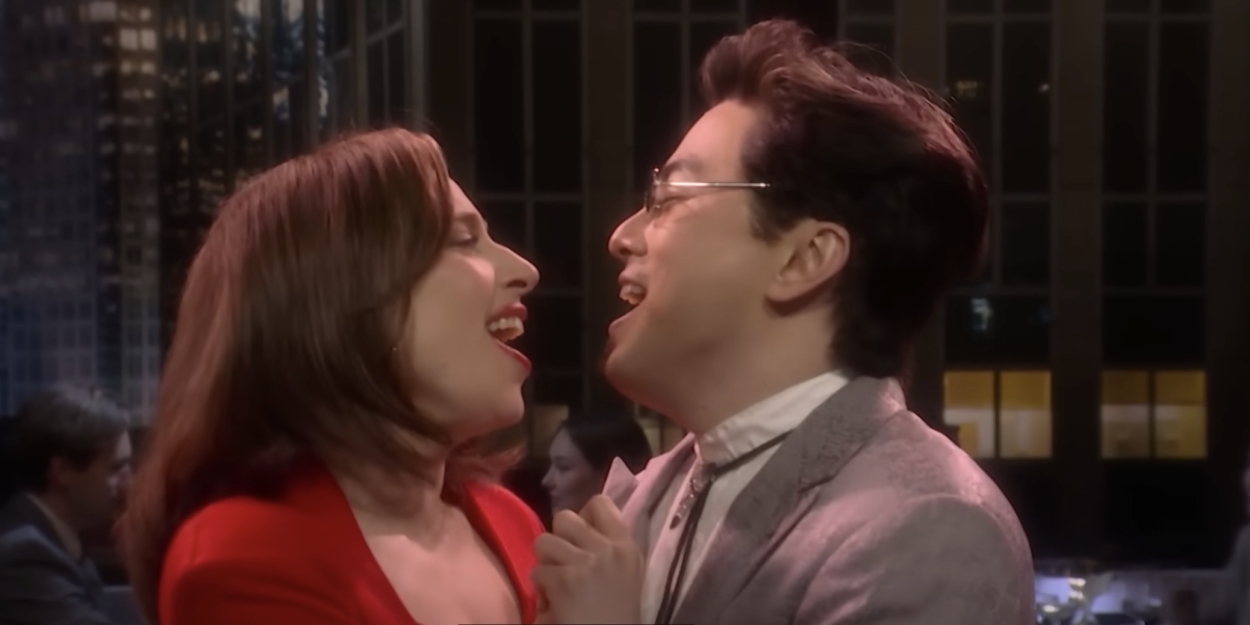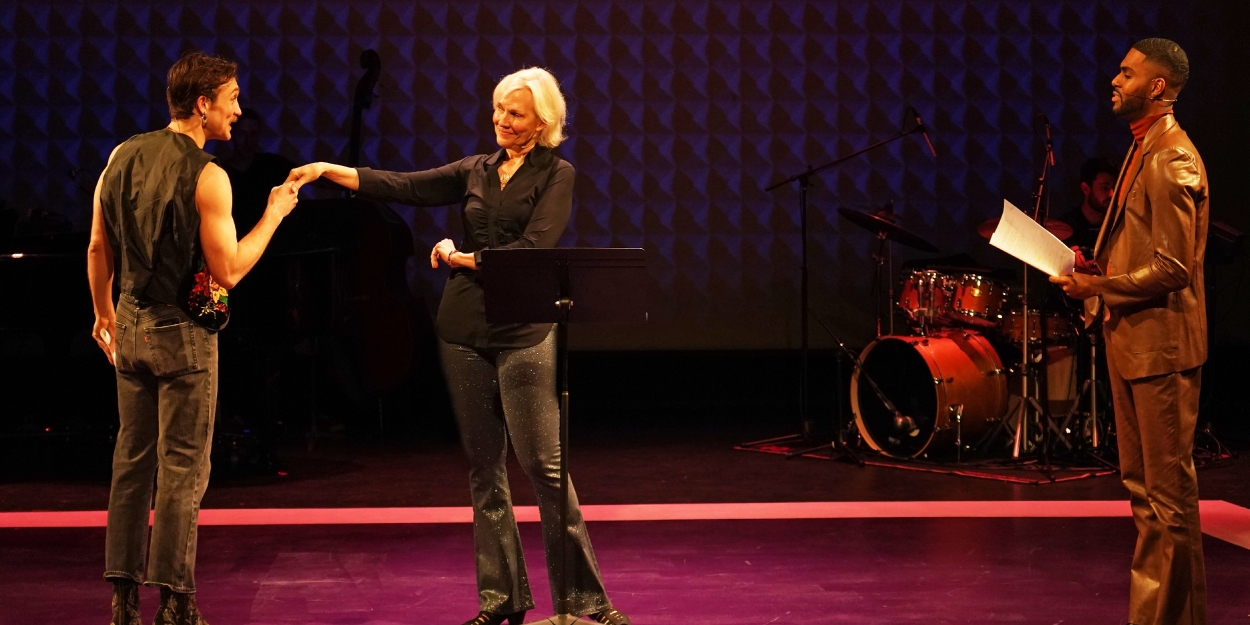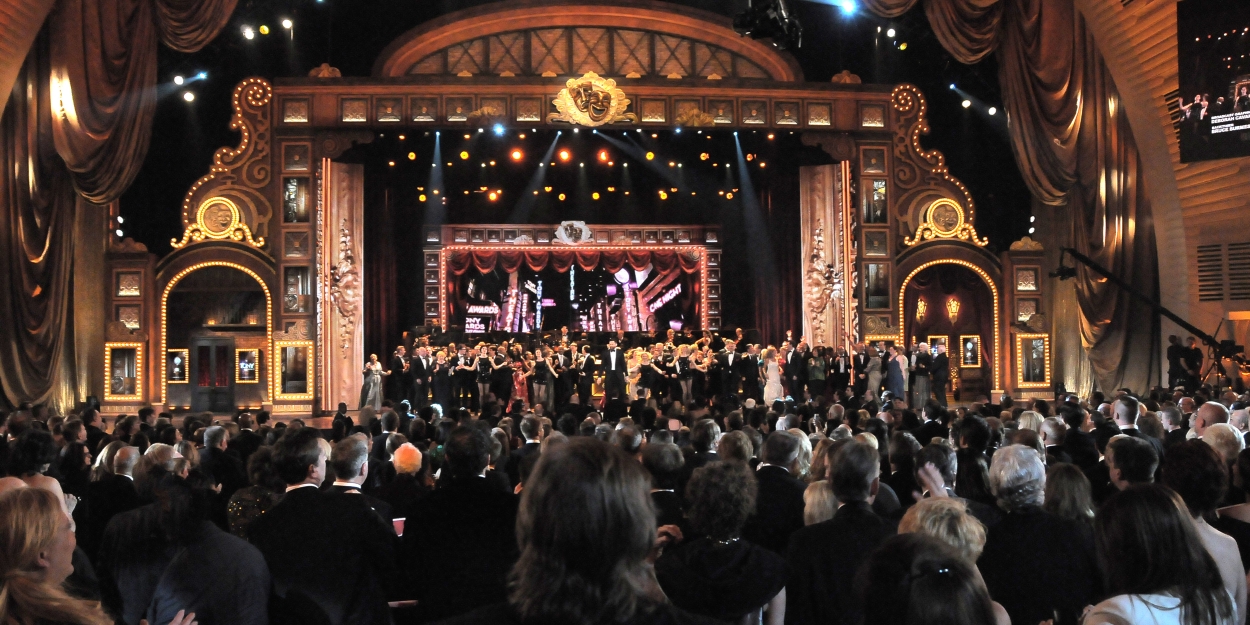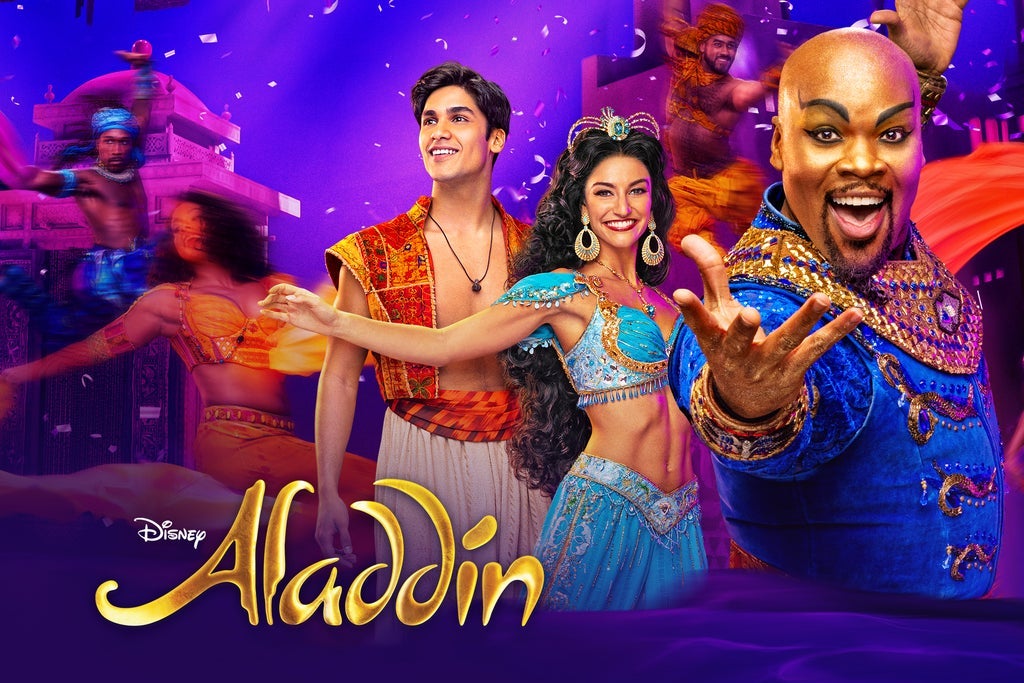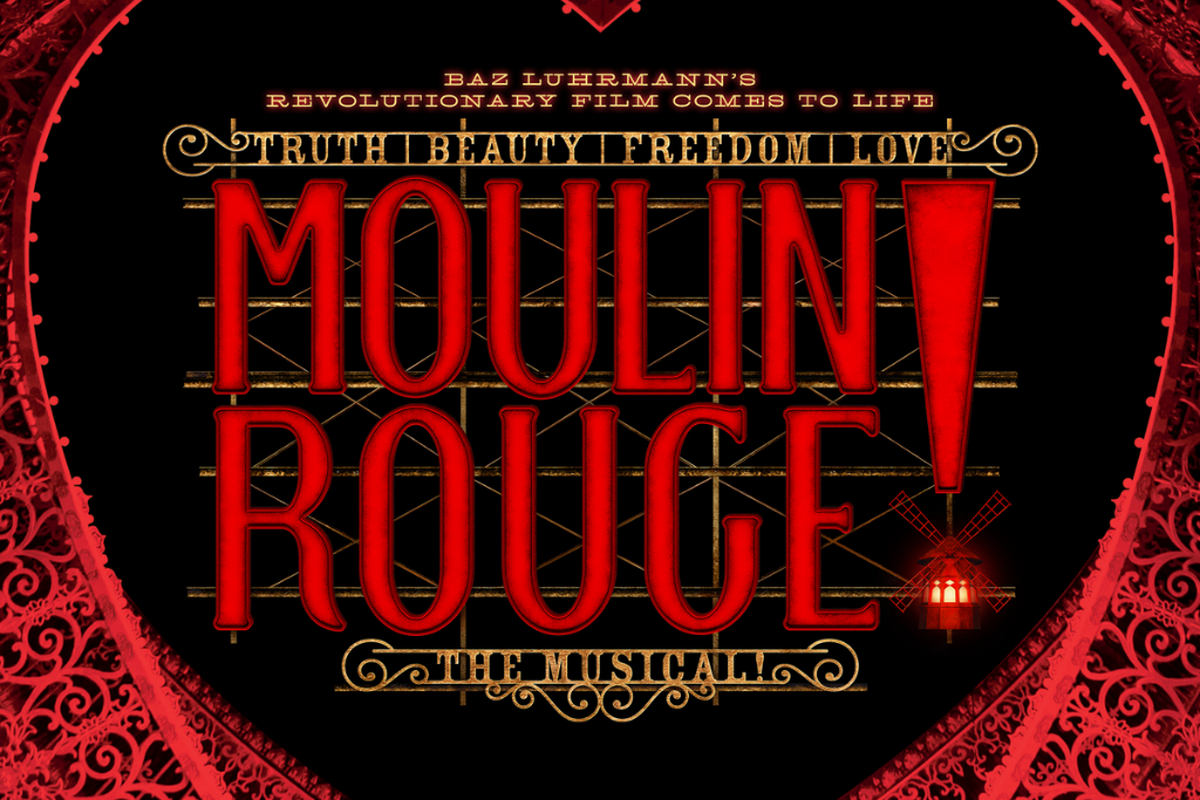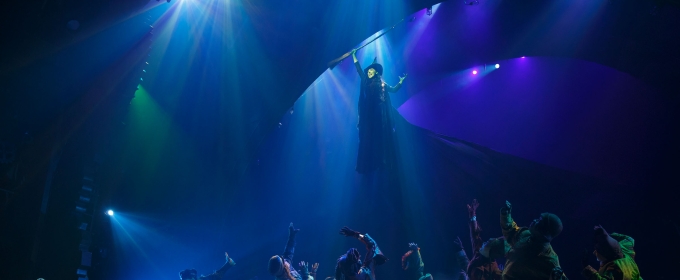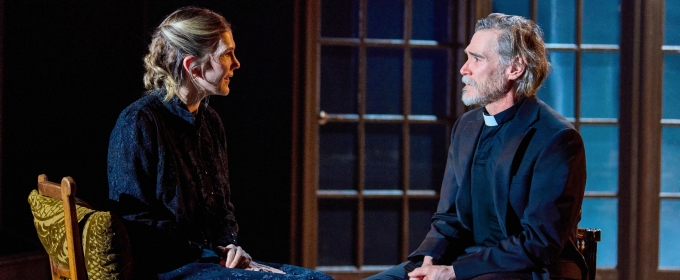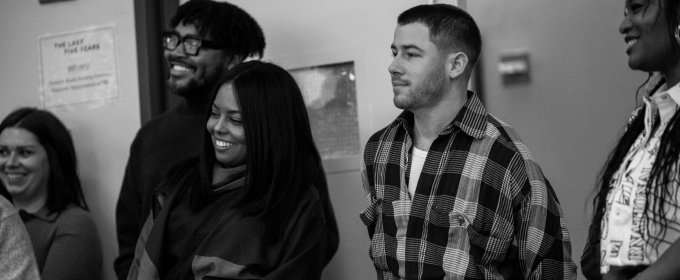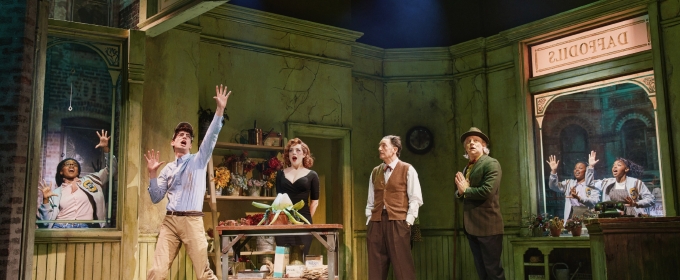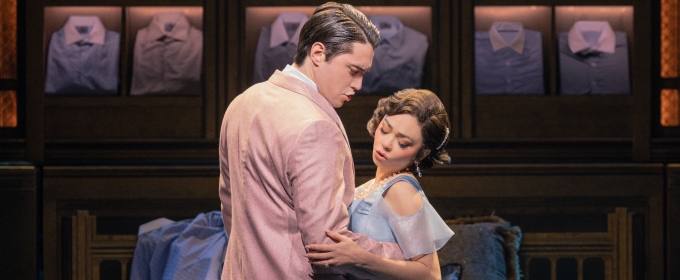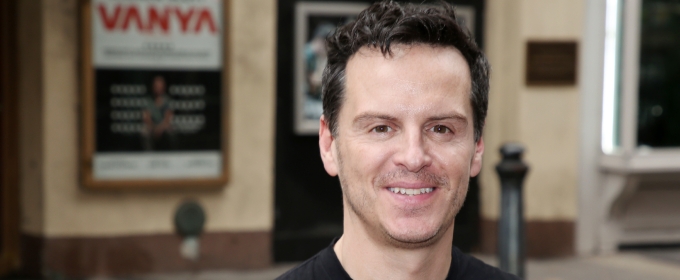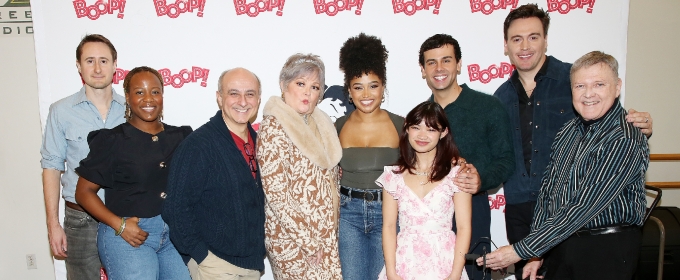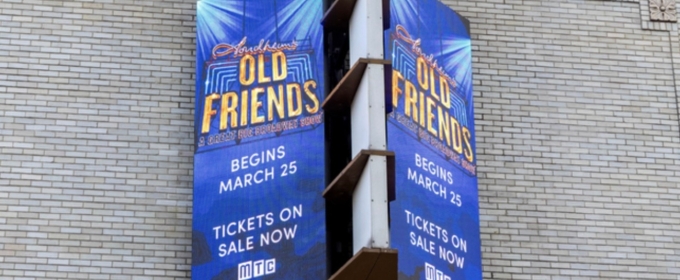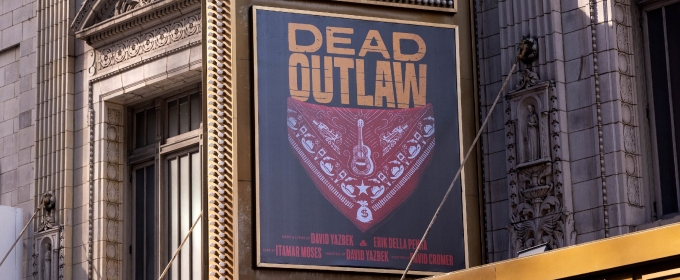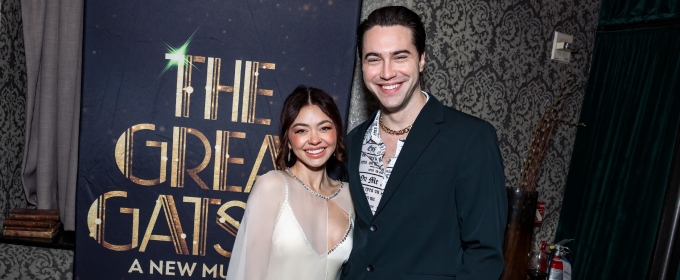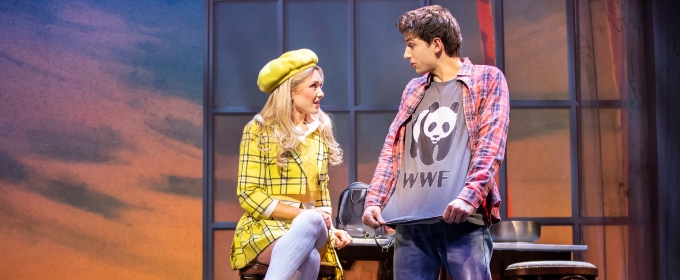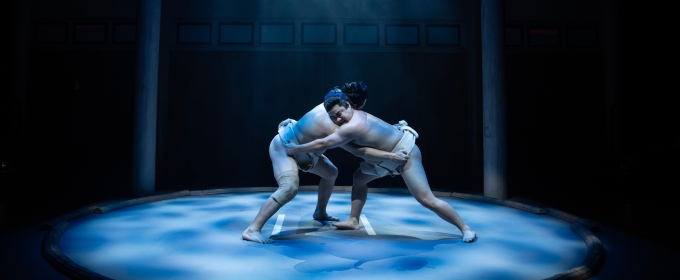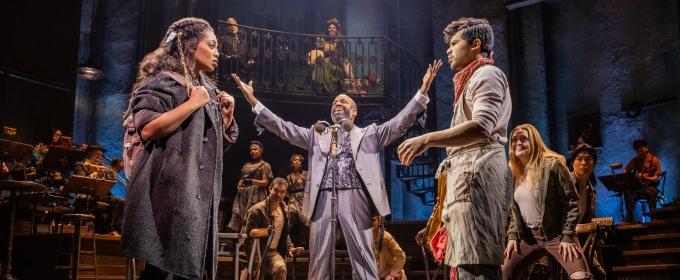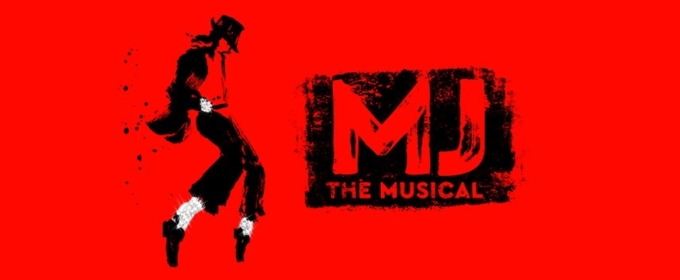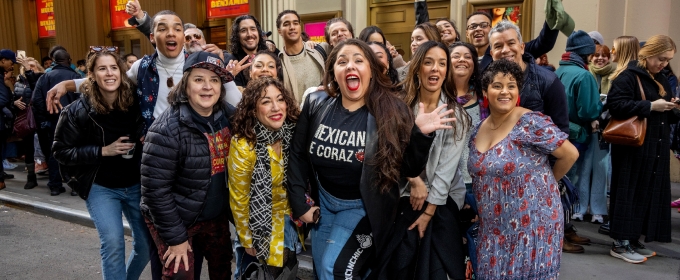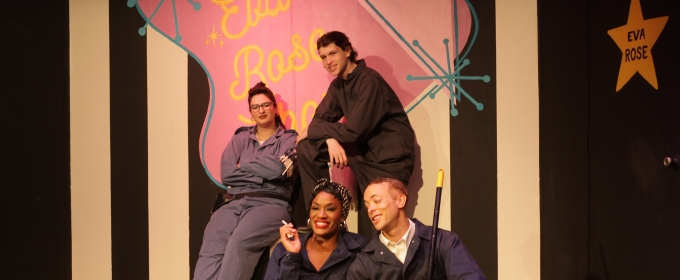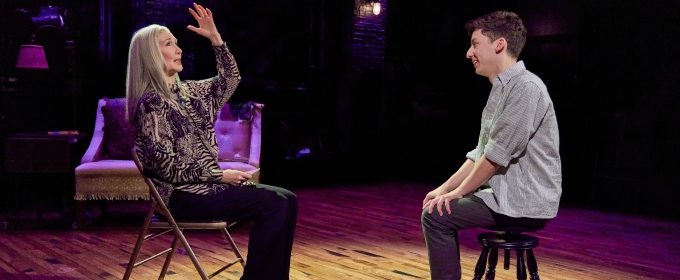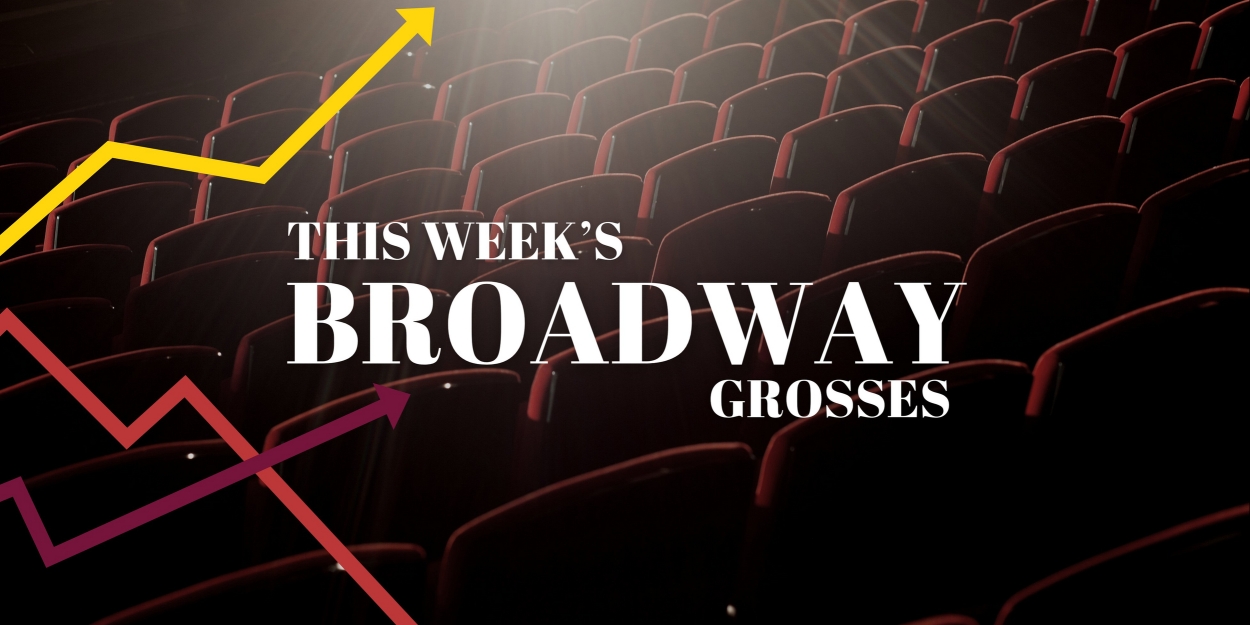Trending Stories
Recommended for You
ROCKY HORROR SHOW, OEDIPUS & More Included in Roundabout Season
Additionally, the Todd Haimes Theatre will get a major renovation beginning in August 2025
2025 Broadway Awards Season Calendar- All the Dates to Remember
Stay up to date on when the 2025 awards nominations and ceremonies will take place.
Photos: The Cast of PIRATES! THE PENZANCE MUSICAL Meet the Press
The cast is led by Jinkx Monsoon, Ramin Karimloo, David Hyde Pierce, and more!
Video: ALL THE WORLD'S A STAGE World Premiere with Patrick Page, Charl Brown, Paige Davis and More!
Celebrate International Women's Day with new musical short film
Ticket Central
Videos
Industry
West End

Review: BARBIE: THE MOVIE, Royal Albert Hall
Less a film, more a cultural phenomenon: the Royal Albert Hall's Film In Concert series continues with this 2023 box office smash.
Less a film, more a cultural phenomenon: the Royal Albert Hall's Film In Concert series continues with this 2023 box office smash.
New York City

Review: Ashley Brown Shockingly Special In Last-Minute Solo Performance
Ashley Brown will be at The Green Room 42 on March 8th at 7 pm. GO.
Ashley Brown will be at The Green Room 42 on March 8th at 7 pm. GO.
United States
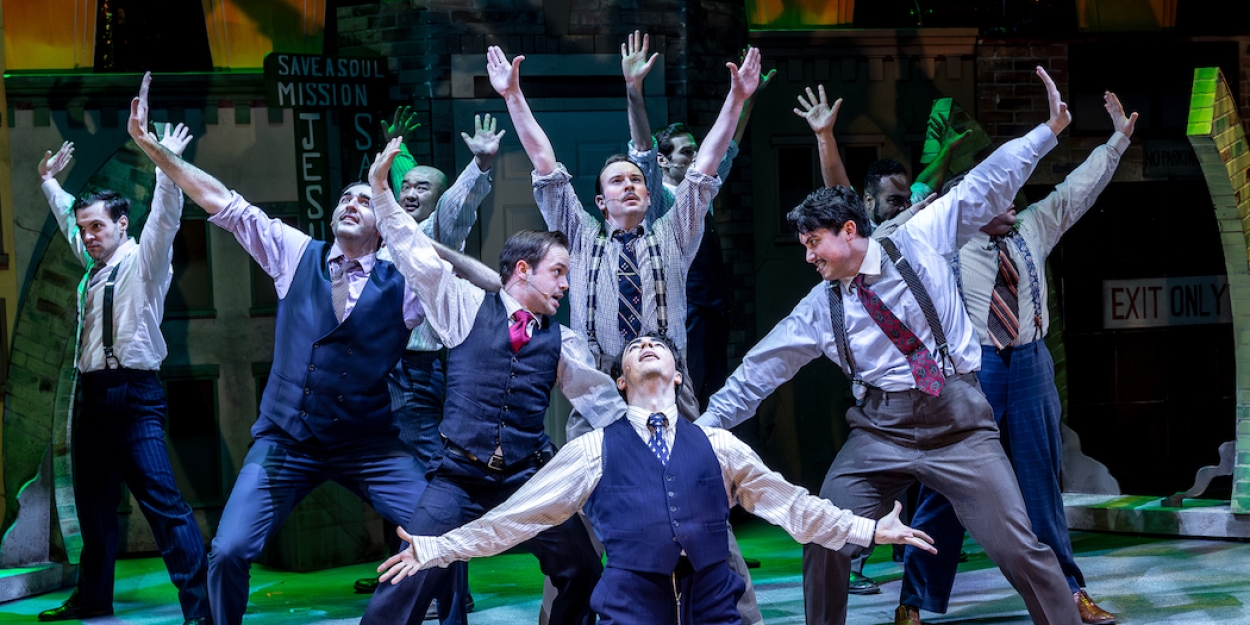
Photo: GUYS AND DOLLS At Music Theater Works
Running March 6 - 30.
Running March 6 - 30.
International
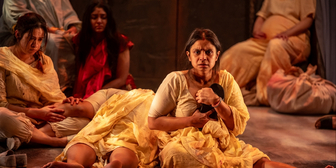
Review: TRIDENT MOON at Streetcar Crowsnest
Roy's riveting real-time thriller about Partition is powerful and disturbing
Roy's riveting real-time thriller about Partition is powerful and disturbing




